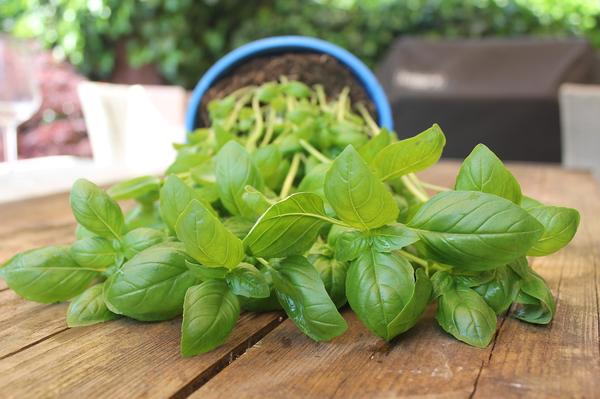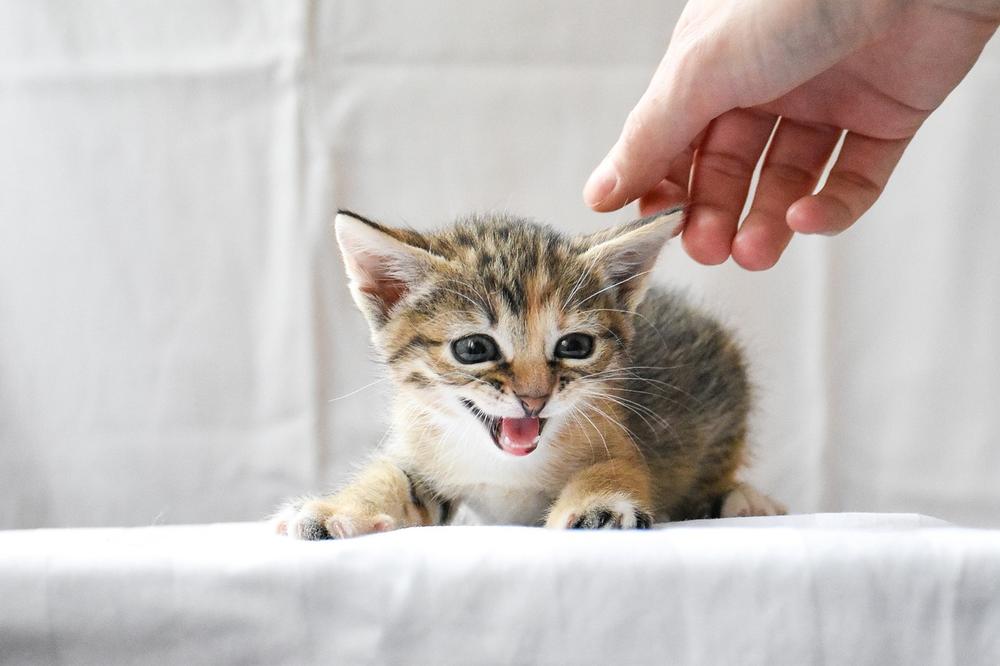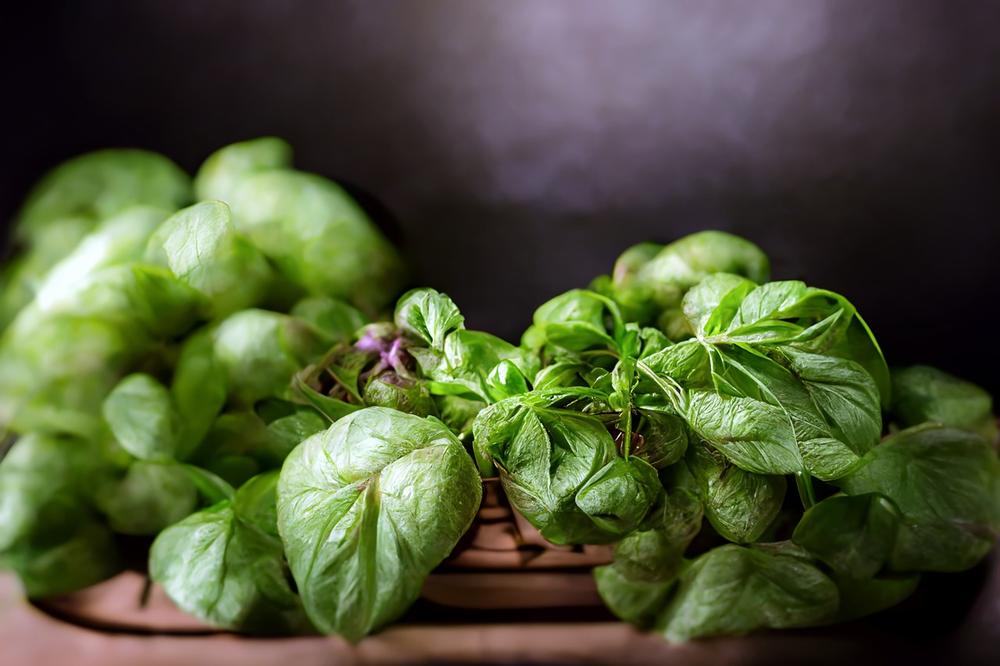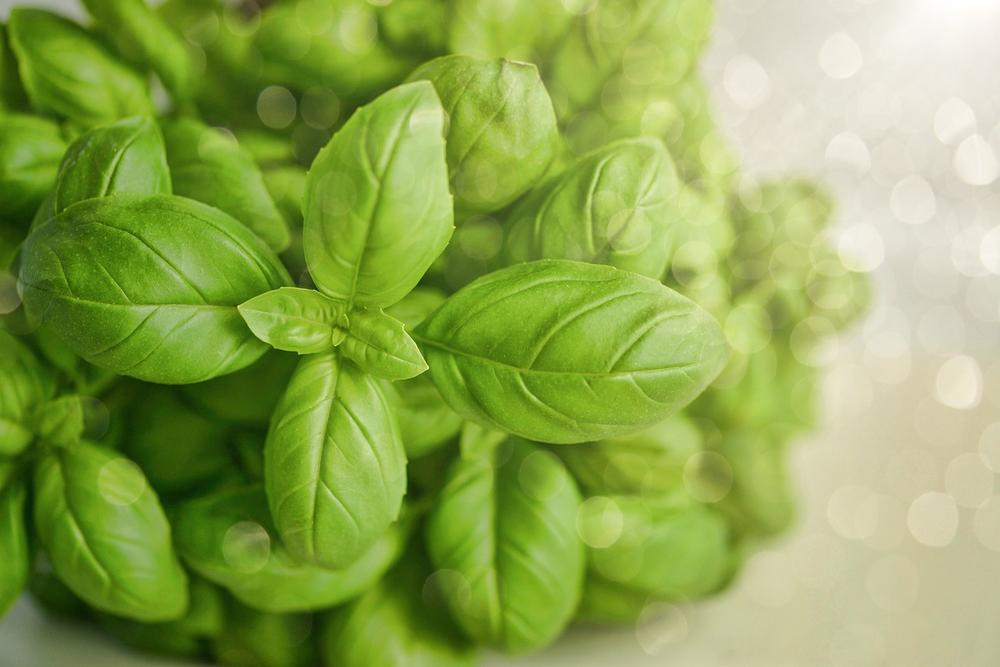Is BASIL Toxic to CATS? (Answered for Good)

Worried sick about your feline friend's well-being?
Wondering if that innocent-looking herb in your kitchen can turn into a lurking danger for your fur baby? 🤔
I hear you.
Damn, I've been there too.
Just imagine:
You're chopping up basil for tonight's pasta extravaganza, and suddenly, paranoia sets in. Is basil really toxic to cats?
Well, fret not.
Let's dive into the basil-curious world together and uncover the truth.
Trust me, you won't want to miss this.
Let's begin.
Is Basil Toxic to Cats?
No, basil is not toxic to cats. It is safe for them to consume, including Thai basil and holy basil. However, you need to watch for any potential allergies. Basil belongs to the same family as catnip and mint, and unlike onions and garlic, it does not emit any toxic smells.
Basil won't harm your cat, plain and simple.
Yep, you got it!
Your precious kitty can gobble up basil with no worries at all.
Oh, and don't forget about Thai basil and holy basil! They're also safe for your feline friend.
That's right, your kitty has a variety of basil flavors to choose from.
But wait just a sec. I should mention that if your cat happens to have an allergy, basil could cause some trouble.
So just keep an eye on your furry companion, alright?

No need to take any risks.
Now let me reassure you...
According to the ASPCA, basil is perfectly fine for cats to eat.
It belongs to the Lamiaceae family, a club that includes catnip and mint.
And here's the best part:
Basil doesn't give off any toxic smells like onions and garlic do.
Main points I'll expand upon further down this article:
- Cats can absorb small amounts of nutrients from fresh basil leaves.
- Basil provides fiber, protein, antioxidants, and various vitamins and minerals.
- Cats may not effectively digest basil and absorb its nutrients like humans.
- Limited research supports the potential health benefits of basil for cats.
- Fresh, dried, and cooked basil, as well as thyme and dill, are safe for cats.
- Regular consumption of basil should be avoided.
- Catnip and common mint are beneficial herbs for cats.
- Basil can have potential side effects such as allergies and digestive upset.
- Basil essential oil is dangerous and can cause liver damage in cats.
- Persin in avocados and lilies, even in small amounts, can be toxic to cats.
But here's something interesting and important to keep in mind...
While basil is generally safe for your cat, there are some key factors to consider when it comes to their consumption and digestion.
Let me break it down for you!
Is Basil Safe for Cats?
Is basil safe for cats?
Well, let's dive into this delightful herb and find out!
Fresh basil leaves, oh boy, they provide a mild and pleasant taste that many cats enjoy.
However, you gotta be careful when it comes to dried basil flakes or powder.
Those little buggers may contain preservatives or additives that are a no-go for cats.
So stick with the fresh stuff, alright?
Now, cats may not fully digest basil like us humans do.
But don't fret, they can absorb small amounts of nutrients from those snazzy fresh basil leaves.
And hey, basil is low in calories, so it's like a good option if your feline friend needs to watch their weight.
Feeling fancy?
Basil also brings some fiber, protein, antioxidants, and vitamins A, C, K to the table.
Plus, calcium, iron, manganese, and other minerals that can keep your cat feeling purr-fect.

Talk about a nutrient-packed herb!
But, here's the deal—while basil can serve as a fun chew toy for your furry pal, research on its actual health benefits for cats is pretty limited.
Most studies have focused on humans, leaving our adorable little fuzzballs in the dark.
So, claims of anti-inflammatory properties or relief in depression are still up in the air when it comes to basil and cats.
Now, don't go overboard with the basil binge.
Both fresh and cooked basil, along with thyme, dill, and rosemary are generally considered safe for cats to consume in moderation.
So the occasional nibble and chew is totally fine.
Just remember, too much of a good thing can give your buddy a tummy ache.
Speaking of herbs, if you're looking for something extra beneficial for cats, try catnip. It's like kitty magic.
You can mix it in tea to calm itchy skin, and cats simply go crazy for it.
And if you want to freshen your kitty's breath and aid digestion, common mint is a solid choice.
And you know what? If you're curious about other herbs that are safe for cats to eat, I've got you covered in my article Can Cats Eat Spearmint.
There, you'll find all the information you need to ensure the safety of your feline friend when it comes to enjoying spearmint.
So go ahead and give it a read, you'll be glad you did!
Potential Side Effects of Basil on Cats
Allergic reactions and digestive upset
If your cat eats basil, they might have some not-so-great effects.
They could get itchy, scratch a lot, or even have trouble breathing.
If you notice any of these signs, contact the vet right away.
It's better to be safe than sorry.
There's more.
Too much basil can give your cat an upset tummy.
They might vomit or have diarrhea. Not exactly pleasant for your furry friend, huh?
Plus, it could mess up their digestion and make their breath stink!
Dangers associated with basil essential oil and toxic substances
Hold on tight because I'm about to drop some serious knowledge.
Basil essential oil?
Definitely not good for cats.
It's dangerous and can seriously hurt their liver. So don't go anywhere near Fluffy with that basil oil.
But wait, there's more.
Certain stuff in basil leaves, like mercury, can give your cat cavities.
Yep, cats can get tooth decay too.
Keep an eye out and take action to avoid those hefty dental bills piling up.
Other hazards to watch out for
As a responsible blogger, I've got a few more things to tell you.
Avocados are a big no-no for cats.
They have something called "persin" which is toxic to them.
Cat shouldn't have guacamole night, alright?
Oh, and lilies?
Gorgeous flowers, but deadly to cats. Even tiny amounts, like the flowers and leaves, can be really dangerous for our furry pals.
So, let's keep those lilies far away from curious kitty paws, okay?
Be cautious and protect your cats from the potential side effects of basil and other toxic stuff.
Your feline friends will thank you!
But what about using basil as a treat for your cat?
Are there any guidelines you should follow?
Well, let me enlighten you!
Precautions When Feeding Basil to Cats

When it comes to feeding basil to cats, there are a few things you need to bear in mind so that your furry friend stays healthy and happy. Here's what you should know:
- Don't give them seasoned or cooked basil: If you use seasonings or cook with basil that has garlic or onions, it can be really dangerous for your cat. It's best to stick to plain, fresh basil to avoid any problems.
- Basil is not a replacement for regular cat food: Cats have a natural preference for meaty and fishy flavors, so basil should only be given as an occasional treat in small amounts. It won't provide them with all the nutrients they need like commercial cat food does.
- Talk to your vet if you're unsure: If you're not sure how your cat will react to basil, it's always a good idea to consult with your veterinarian. They know your cat well and can give you advice based on their specific needs and sensitivities.
- Use basil as a garnish: Adding a little bit of basil as a decorative touch to your cat's food can be fine, but don't make it a daily thing. It's better to offer variety in their diet rather than relying solely on basil.
- Cats are meant to eat meat: Cats are obligate carnivores, which means they must have a diet rich in animal protein. Basil should never be a substitute for their regular meals, as it won't provide them with the necessary nutrition.
- Try cat grass or cat thyme: If you want to give your indoor cat something safe to munch on, cat grass is a great option. Cat thyme can also serve as a substitute for catnip, even though it might not smell too pleasant.
- :Seedling: Create a herb garden for your cat: Integrating plants that are safe for cats in your garden can create a fun and safe environment for both you and your feline companion.
By remembering and following these safety measures, you can ensure your cat's well-being and joy while savoring the occasional flavor of basil.
And that wraps up today's article.
If you wish to read more of my useful articles, I recommend you check out some of these: Can Cats Eat Fennel, Can Cats Have Coconut Oil, Can Cats Eat Oregano, Can Cats Eat Eggs, and Can Cats Eat Pistachios
Talk soon,
-Sarah Davis